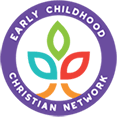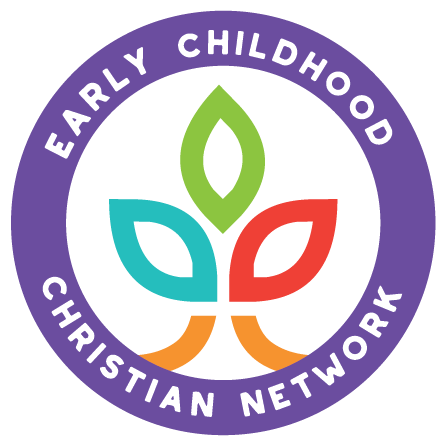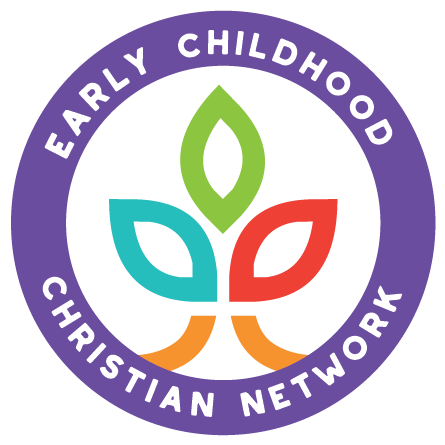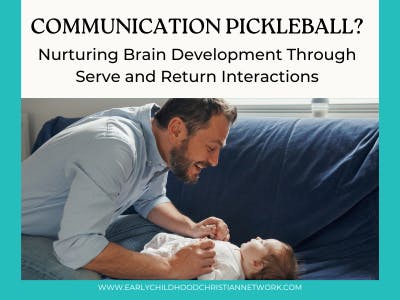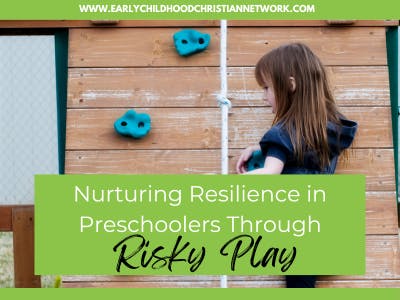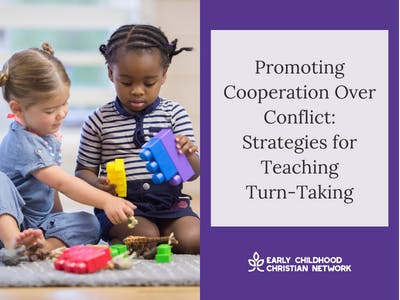BIBLICAL SEL: Cultivating Character
|
Hey Reader! We know how essential social-emotional development is during the first five years of life, and at ECCN, we talk about practical strategies regularly for supporting healthy social-emotional development. In the first few years, children are learning how to identify their feelings, control their impulses, build relationships, and make good choices. In education, we often call this Social and Emotional Learning. The framework is valuable and accurate, but today, we’re going to take a look at SEL through a biblical lens. (BTW, I had a great conversation with Dr. Tyler Groves, author of Growing With One Another: Social & Emotional Learning in Christian Perspective , on this week’s podcast episode! Dr. Groves will be our opening keynote speaker this summer, so come interact with him in person!) Let’s explore how the five core competencies of the CASEL model (a secular, science and evidence-based framework) are actually grounded in God’s truth based on Dr. Groves’ book:
In early childhood, this often looks like very practical steps – breathing, naming emotions, and practicing appropriate responses to those emotions, allowing children to “try again” after poor choices, building empathy and practicing generosity and forgiveness, and patience. All of these skills take practice – for the children AND us, as the adults. Let’s remember that we are shaping not only behavior but hearts. When we teach with a biblical perspective, SEL isn’t just about helping children succeed in school—it’s about discipling them to live in their true identity in Christ as beloved children of God. We’re tilling the spiritual soil so that the seeds of faith we plant can take root and grow. You can find a much more in-depth study and application of the Christian perspective on SEL in the book Growing With One Another or you can check out the scientific research at CASEL.org.
Cheering you on this week! -Your ECCN team
|
